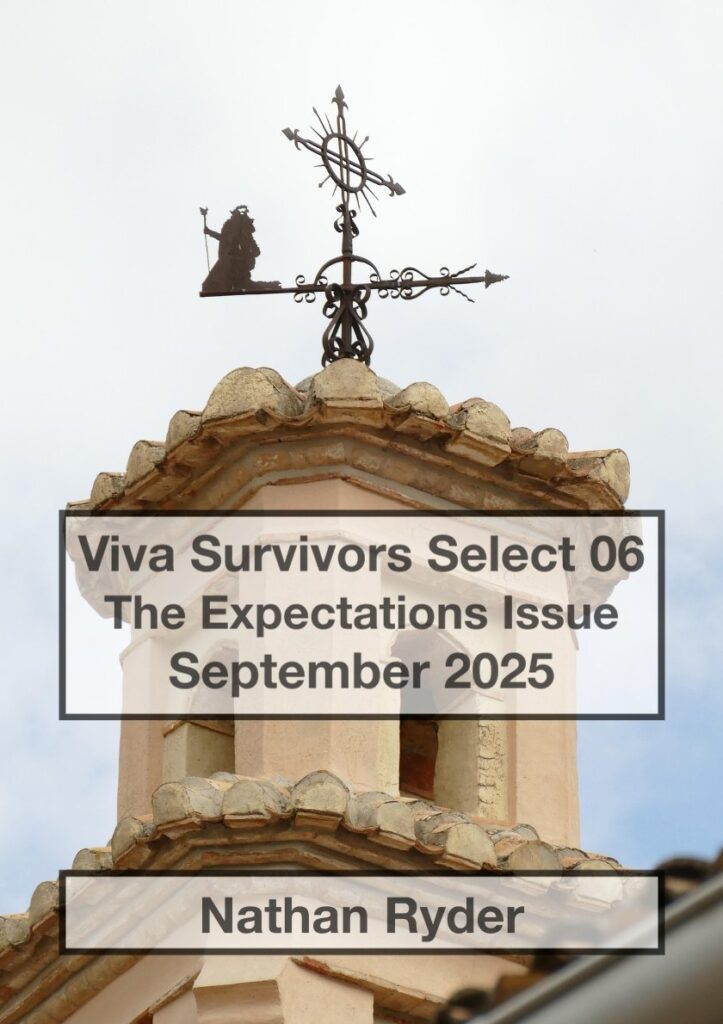The Good Viva
How do you have a good viva?
That’s a hard question to answer. What counts as good is going to vary depending on what you think, feel and know about vivas. It also depends on what you really want from your viva. If you are trying to get through your PhD and want the viva to be an exam and done then you’ll have a different set of criteria than if you are looking for a rewarding conversation with your examiners.
So on one level it’s hard to say how someone has a good viva when they can have different expectations or desires.
On another level it’s quite straightforward:
- Do the work;
- Write the best thesis you can;
- Read the regulations;
- Find out what to expect;
- Do the necessary prep;
- Show up to do the work on the day.
And that’s how you have a good viva. You do the work and keep doing the work. If you have other criteria that are bound up in your viva being good then you can probably work out steps that will help you get closer to that too.
PS: Want to explore having a good viva in more depth? Then check out the details of my Viva Survivor webinar which is running on Wednesday 3rd December 2025. I’ve shared this session more than 400 times and it is my comprehensive live session on getting ready for the viva. Check the link for full details of what to expect!
